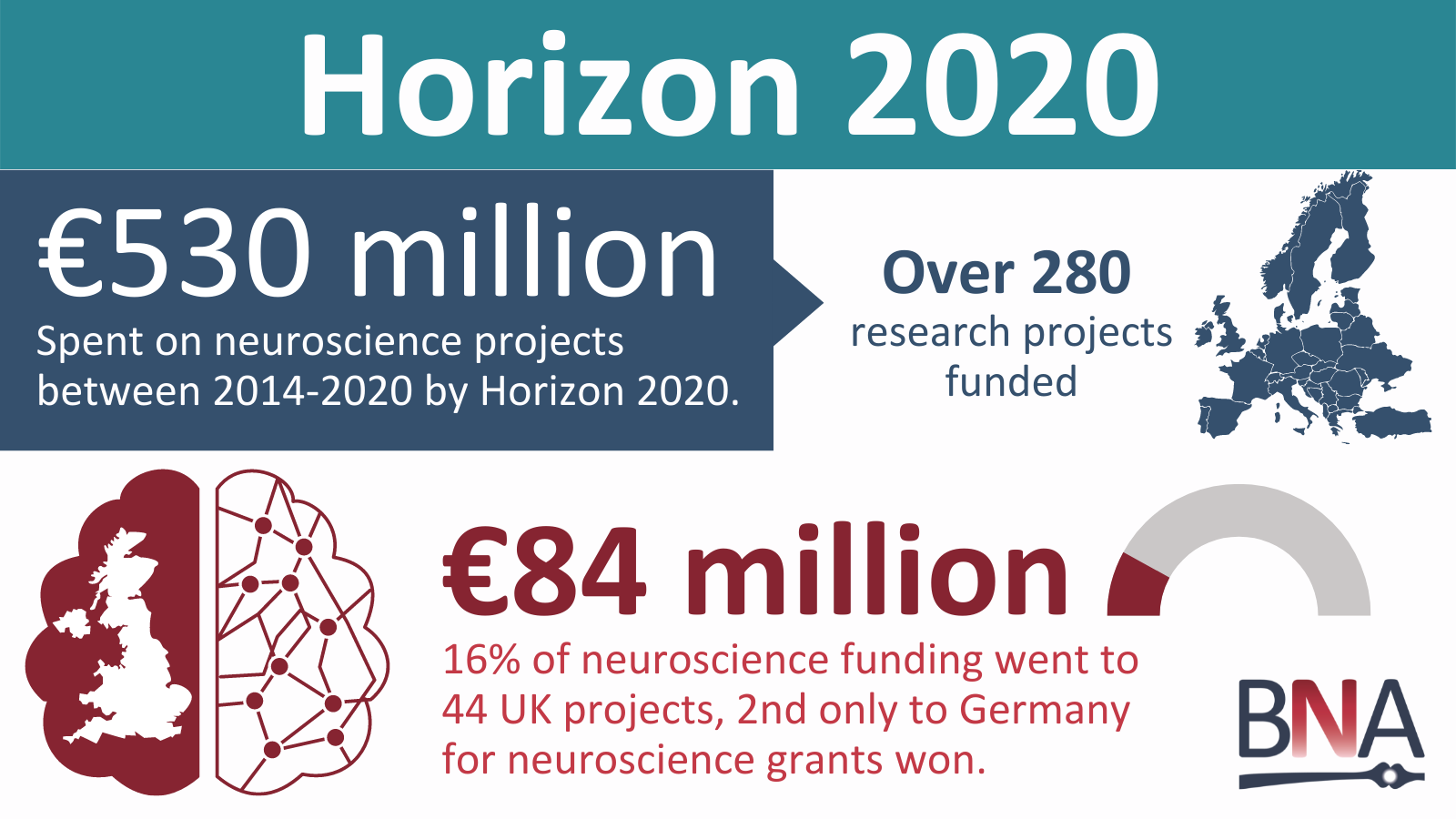BNA Annual General Meeting 2025
1st April 2025
7th Mar 2023

The UK Government yesterday (March 6th) published a number of announcements on science and research policy, the first major statements about its newly-created Department for Science, Innovation and Technology (DSIT), with possible implications for research funding and interactions between UK and EU neuroscientists.
The Science and Technology Framework builds on the Government's 2020 R&D roadmap, outlining 10 points for priority - from pursuing critical technologies and building on the UK's talent and skills base, to boosting the UK's global influence to shape the science and technology landscape and attract investment into the UK.
This vision is being backed by over £370 million in government funding to boost infrastructure, investment and skills in the critical technologies highlighted in the framework, such as AI and engineering biology.
However, this investment follows the recent news that £1.6 billion previously set aside for science funding has been returned to the Treasury.
DSIT confirmed that as part of its initial work, it will respond to Sir Paul Nurse’s Review of the Research, Development and Innovation (RDI) Landscape, which Sir Paul carried out at the Government's request and was published alongside the new Framework. The review concludes that a piecemeal approach to tackling some of the current challenges will not be enough to meet the Government's science superpower ambitions.
The Nurse review issues 29 recommendations, aimed at improving productivity and sustainable growth, fostering collaboration between sectors, tackling financial sustainability of public research funding, boosting overall RDI funding to invest in a greater diversity of organisational types and approaches, and reducing bureaucracy.
The review also recognises the role of learned societies in playing important underlying structural roles in the RDI landscape, such as encouraging collaboration between sectors.
It also highlights an urgent problem with the current mechanisms for clinician scientists to effectively develop and undertake their research careers (echoing concerns recently raised by the Lords Science and Technology Committee).
Alongside these publications, DSIT confirmed a further extension to the Government's Horizon Europe Guarantee scheme, which is designed to support UK applicants that are awarded European Research Council grants funded through Horizon Europe. The scheme has so far provided £882 million, and the latest extension will cover ERC calls up to June 2023.
However, in contrast to its announcement on the previous extension in Dec 2022 (which stated the Government "continues to push for Association to EU programmes"), this new announcement omits any clear commitment to seeking associate membership of these programmes. This is despite the recent UK-EU Windsor Framework, which settles the key political dispute holding up UK membership of Horizon Europe. UK neuroscience has benefited greatly in the past from Horizon funding (see our infographic at the bottom of this page).
Prof Rik Henson, Professor of Cognitive Neuroscience at University of Cambridge and BNA President, said:
"The Nurse review highlights the pressing challenges facing the research community, and the need for wide-ranging change. Our Credibility in Neuroscience campaign has recommended changes to the research environment to better recognise and incentivise credible research, and we in particular welcome the Review's recognition of the need for mechanisms that better consider the quality and not just the quantity of research delivered, and the importance of independent replication of key findings."
Prof Tara Spires-Jones, Professor of Neurodegeneration and deputy director of the Centre for Discovery Brain Sciences at the University of Edinburgh, and BNA President-Elect, said:
"While the extension of the Horizon Europe Guarantee will be reassuring to UK neuroscientists, we are concerned at the recent shift in tone on Horizon Europe membership. UK participation in Horizon Europe is essential to maintain neuroscience collaborations and keep the UK at the top of internationally competitive neuroscience. The Nurse review makes it clear that the full benefits from UK participation in Horizon Europe cannot be reproduced by an alternative UK scheme. We encourage the UK Government to press ahead to secure full membership without delay."
Joseph Clift, BNA Head of Policy and Campaigns:
“The investment of £370 million of funding to support the Science and Technology Framework needs be considered in the context of the £1.6 billion science funding recently returned to the Treasury – funding that the Government had repeatedly insisted would be spent on research. This is a key test for the Government’s science superpower ambitions, and we hope the remainder of this funding forms a boost to UK research in the Spring Budget announcement next week.”
